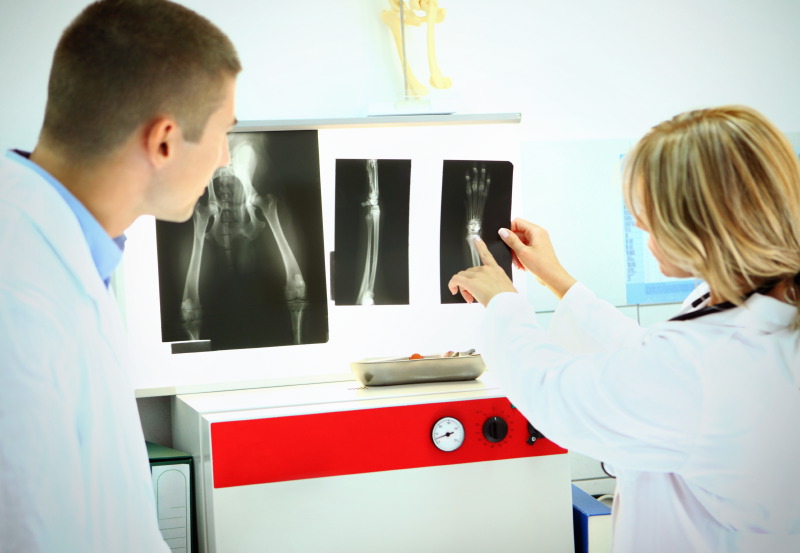
Orthopedic Surgery vs. Traditional Surgery
When you get hurt, there are many different treatment options that are typically available to you, from medication and physical therapy to counseling and potentially even surgery.
When specifically considering surgical options, the type of pain or injury will often determine what procedures would be best for you. If you are dealing with any musculoskeletal issues, orthopedic surgery might be the best choice.
Complete Injury Management is a Phoenix based professional team that can help you to form a multidisciplinary approach to recovery. We have also dealt with countless individuals either prepping for or recovering from orthopedic surgery.
What is Orthopedic Surgery?
Unlike traditional surgery, which tends to focus more on organs or similar areas, orthopedic surgery refers to any surgical procedure that is used to treat the musculoskeletal system. These issues typically arise from trauma, infections, degenerative diseases, spine diseases and other similar problems related to joints, ligaments, tendons, cartilage or muscles.
In order to be licensed as an orthopedic surgeon, a medical doctor must have received up to 14 years of education in orthopedics, though surgeons may specialize in any number of body parts (i.e. spine, shoulders, knees, etc.) or on a specific population (i.e. sports).
Common Orthopedic Procedures
Due to the varied nature of orthopedics, there are many different common procedures that the average orthopedic surgeon might be able to handle. These include, but are not limited to, the following:
- ACL Reconstruction: Tears to the anterior cruciate ligaments in the knees (ACL) happen frequently in sports, and orthopedic surgery is often used to fix them. ACL reconstruction requires very precise surgery and usually entails a long recovery process.
- Arthroscopic Surgery: One of the most common procedures in orthopedics, arthroscopic surgery uses small cameras and instruments in order to view the area around certain joints. This is done to diagnose any potential problems and preparing for future repairs.
- Joint Replacement: When joints are damaged over time due to arthritis or nerve damage, an orthopedic surgeon might use joint replacement to help relieve the pain. This involves the use of a prosthesis.
- Rotator Cuff Surgery: Shoulder surgeries are very common orthopedic surgical procedures. They are typically used to fix rotator cuff problems. This is often done through a combination of debridement, subacromial decompression and full rotator cuff repair.
Physical Therapy and Orthopedic Surgery
Physical therapy is often used in conjunction with orthopedic surgery as a way of easing the body through the recovery process. Physical therapy makes use of exercise and functionality training in order to help individuals return to their jobs and sports and just simple everyday life.
Learn More About Orthopedic Surgery
If non-invasive methods are not helping to alleviate your pain, you might just need to turn to orthopedic surgery for a solution. It helps to first discuss your issues with a trained professional or therapist. This way you can be sure whether or not surgery is even necessary.
The team at Complete Injury Management has many years of experience helping individuals overcome their troubling physical pain, and we would like to do the same for you. Contact one of our representatives today to learn more about the potential benefits of orthopedic surgery.



